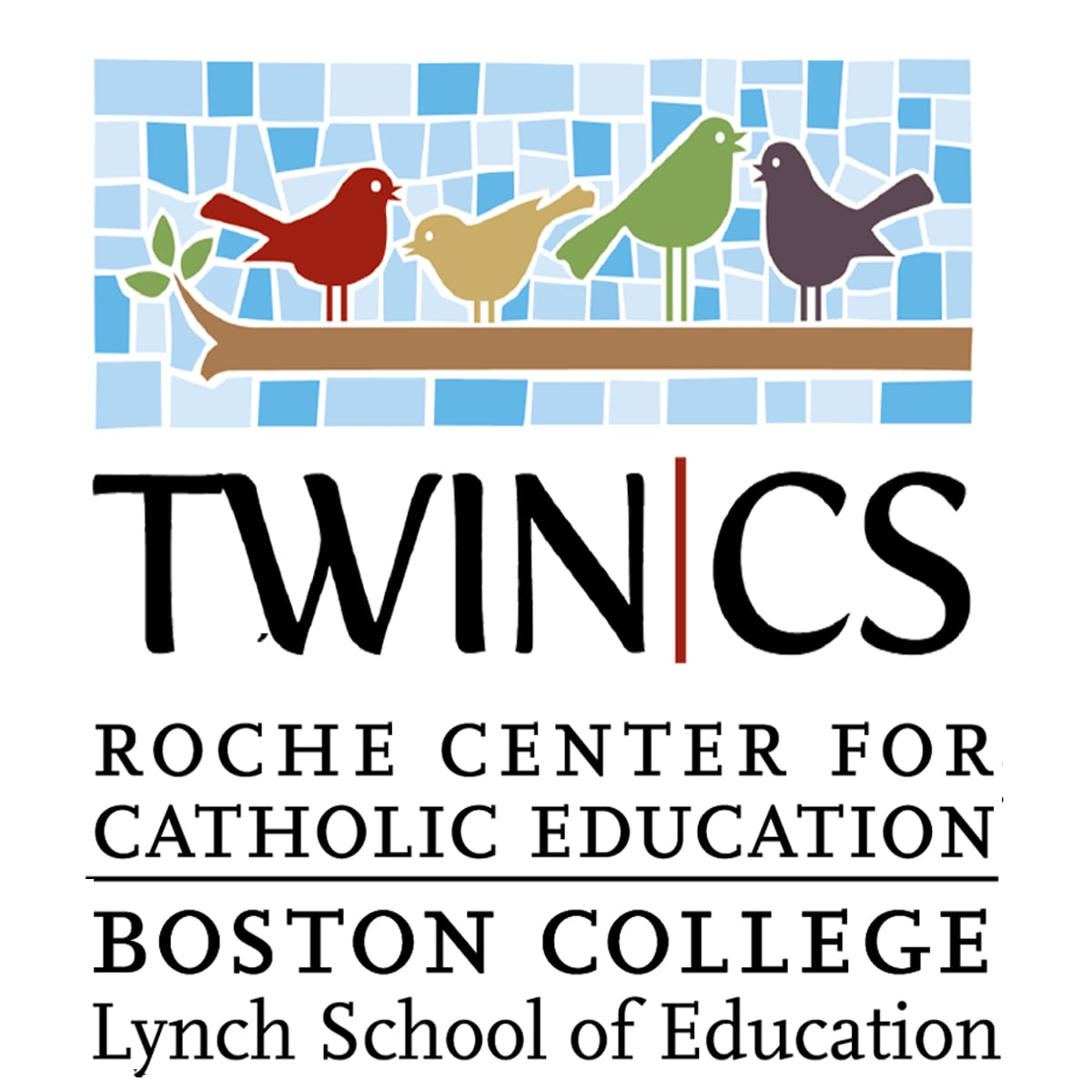According to the article, “Americans are losing out because so few speak a second language,” creating a “dangerous myopia” in which we are inadequately prepared to understand other people and nations because we are unable to communicate effectively with them.
In 1979, Mr. Panetta was a participant in the President’s Commission on Foreign Language and International Studies. The Commission established that “Americans’ incompetence in foreign languages is nothing short of scandalous,” which, nearly 40 years later, has been reiterated by The American Academy of Arts and Sciences: “[T]he dominance of English, to the exclusion of other languages, has also had adverse and often unforeseen consequences at home and abroad — in business and diplomacy, in civic life, and in the exchange of ideas.”
Mr. Panetta concedes that English has firm roots in most international affairs (i.e. NATO, United Nations, World Trade Organization), yet he reminds us that “an education in English to the exclusion of other languages — remains insufficient to meeting our needs in a global world.” That is, in a time of opening “international markets,” business leaders and policymakers not only looking for fluency in languages such as Mandarin, Japanese, Russian, etc., but are looking for “people who understand the idioms and nuances that characterize true communication in any culture.”
While there has been a national call to action (released by The American Academy of Arts and Sciences), Mr. Panetta remarks that the support needed to foster language acquisition in the United States ”should include the training and certification of more language teachers, the creation of more public-private partnerships in language education, encouragement for immigrant and indigenous language communities to retain and master languages in addition to English; and better opportunities for study abroad.” He concludes that while the United States is slowly accepting language acquisition, we still have a long way to go in making multilingualism possible for “people of every age, ethnicity and socioeconomic background.”
As we have written previously on the blog, multilingualism promotes the understanding and tolerance of other cultures. The TWIN-CS Network is already familiar with this mantra, and seems to be ahead of the curve, considering that “language acquisition is a marathon, not a sprint.”
Please let us know what you think about multilingualism in terms of international affairs!
-Melissa Hoppie, Graduate Student Researcher

